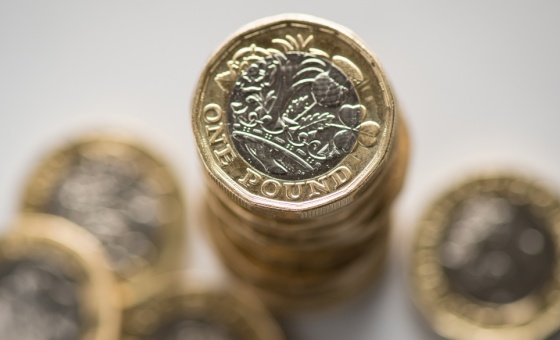This is the last article you can read this month
You can read more article this month
You can read more articles this month
Sorry your limit is up for this month
Reset on:
Please help support the Morning Star by subscribing here
SINGAPORE yesterday announced it had partially lifted a two-decade ban on HIV-positive people entering the country — prompting a cautious welcome from health campaigners.
According to the country’s Health Ministry the ban was lifted on April 1 this year, although this was not revealed publicly.
It was removed “given the current context with more than 5,000 Singapore residents living with HIV and the availability of effective treatment for the disease,” the ministry said.
It argued that the “policy on
the repatriation and permanent blacklisting of HIV-positive foreigners” had been a product of its time, “when the disease was new, fatal and no effective treatment was available.”
Human immunodeficiency virus can lead to Aids, which causes the progressive failure of the immune system.
HIV can be spread through blood, sexual intercourse or from mother to child but is not spread by contact, breathing or saliva, despite persistent rumours to the contrary.
Yet even under the new rules Singapore will restrict HIV-positive foreigners to maximum stays of three months in the country.
“The public health risk posed by long-stayers is not insignificant,” a Health Ministry spokesman who wished to remain anonymous claimed.
Roy Chan of local group Action for Aids said the situation had “improved slightly” but “many are still being asked to leave their jobs and are ostracised by friends and family because of HIV infection.
“We need a supportive environment that does not discriminate [against] a person because he or she is HIV-infected.”
Other countries which restrict residency rights for HIV-positive foreigners include Australia, Russia and Iran.










